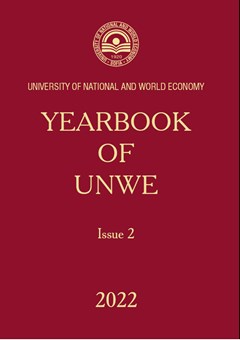The Character of the Greek Revolution of 1821
Author: Lefteris Tsoulfidis
Abstract
The article explains the social conditions and changes that were taking place in the Balkans during the Ottoman Empire. These changes were slow in the 15th and 16th centuries, became somewhat faster during the 17th, and accelerated in the last quarter of the 18th century. That is the period of the Industrial Revolution and the domination of capitalism in Western Europe. The article details this transformation and the maturation of the rupture conditions within the Ottoman Empire that gave rise to the Greek Revolution of 1821. Particular attention is paid to the emerging social classes and their distinct roles in the revolution. The article concludes by arguing that although the Greek Revolution of 1821 possesses its idiosyncratic features, nevertheless it bears notable similarities to the French Revolution.
JEL: B14, N00, N73

